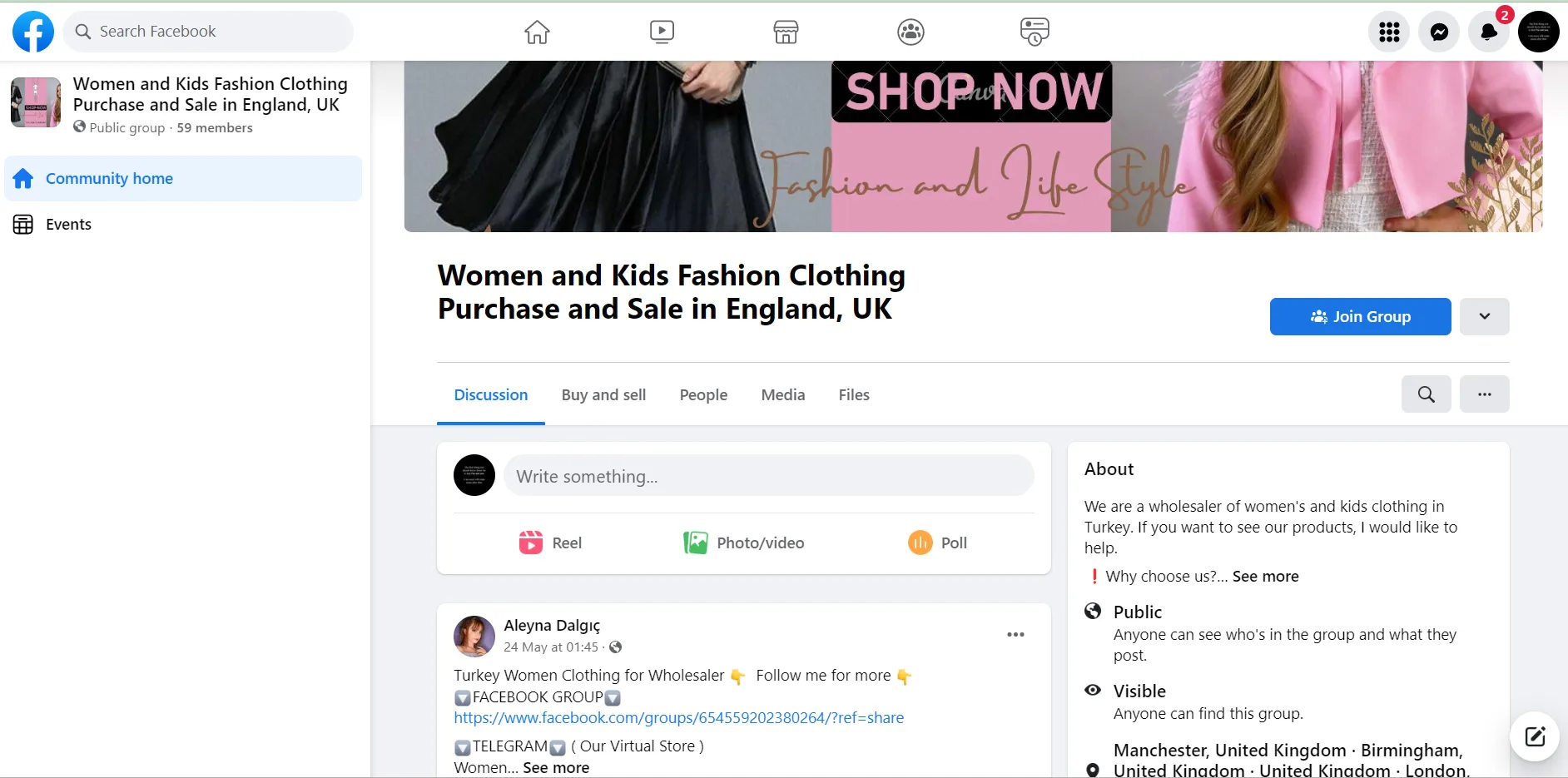More About Niche
You must have heard the phrase, ‘That’s a niche topic.’
Niches have become a common element of marketing parlance in recent years, allowing for segmented and laser-focused promotion and selling as well as higher conversions. With content, for instance, marketers see higher engagement and traffic when they choose to focus on a niche topic or content category for their website or blog as opposed to a more mainstream one.
So, what is a niche? Generally, a niche refers to a specialized area of interest or a market that caters to a specific group of people or entities with particular characteristics, preferences, and tastes. For example, a brand might be marketing to a smaller segment of a bigger market with specific product or service needs, such as eco-friendly clothing or luxury pet products.
Some primary benefits of businesses and content creators focussing on a niche market/category are listed below.
- Targeted marketing: By focusing on a specific niche, you can tailor the content and marketing efforts and strategies to reach a well-defined audience. This results in leads with more potential, higher conversion rates, and a better ROI.
- Reduced competition: Niche markets have less competition than broader markets as they cater to a specific segment.
- Higher engagement: By focusing on a specific audience with shared interests, you can build deeper and more meaningful relationships, resulting in better engagement and communities of active followers.
- Customer loyalty: Customers are more likely to feel understood and valued when a business caters to their specific and unique needs and preferences.
- Higher profit margins: Niche markets typically have less price sensitivity compared to broader markets, resulting in better bottom lines.
- Opportunity for innovation: By focusing on a niche, businesses can identify unmet needs or gaps in the market and develop innovative products or services to address them.
Social media sites offer businesses and other users great opportunities to identify and connect with niche social networks. On Facebook, for instance, users can connect with a segmented and smaller network or audience with the same hobbies, interests, or professional associations via groups.
Brands and businesses, as well as individual users, can explore and establish groups relevant to a niche on Facebook, such as for marketing a clothing brand or for selling used apparel, decor, etc.
See the image below that shows an example of a Facebook public group serving as a niche market for selling specific types of apparel.



